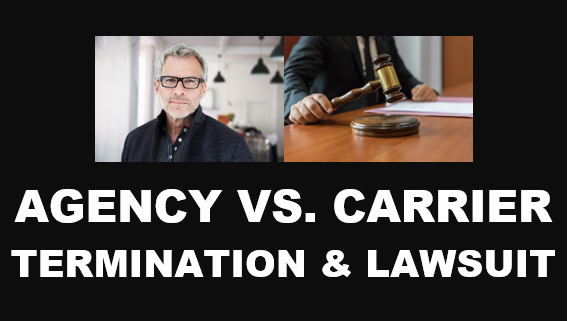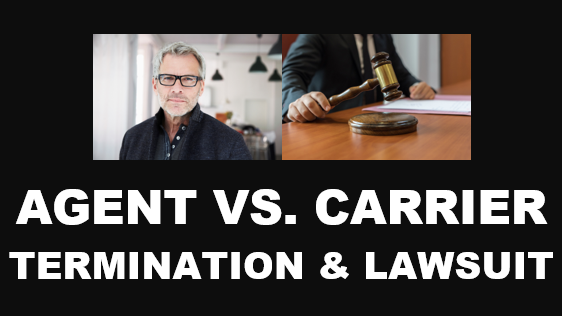
Carriers impose rules on their contracted agents, and agents might not like some of the rules. Deciding to ignore them cost a New York agent dearly.
This individual worked as a life insurance agent for a particular carrier for 21 years. It appeared to be a good relationship for 20 of those years. However, the insurer learned that the agent had an ownership interest in a life settlement company, and this was a problem.
A life settlement insurance company buys life insurance policies from their owners before the policies’ benefits are paid out. The purchase price is less than the face amount of the policy but more than the premiums the insured has paid. The insured gets funds to use before death that would have gone to beneficiaries, and the life settlement company, upon the insured’s death, gets the benefit for more than it paid. These settlements are often used by individuals in the late stages of life or who suffer from terminal diseases, giving them some financial comfort in their final days.

The company this agent bought into acted as a secondary market for these policies. It would buy blocks of policies from the life settlement insurer that had already purchased them from the insureds. It would then resell them to hedge funds and other financial institutions.
The insurer prohibited its agents from participating in these types of businesses because of the lack of regulatory oversight and the potential for fraud and abuse. What made it worse is that the insurer did not find out about this from the agent; they learned from other sources. In violation of company rules, he never sought their approval for this activity.
The insurer met with the agent and told him he needed to sell his interest in the life settlement company. In later written correspondence, the insurer asked him to resign his appointment, sell off his interest in the company, and apply for reinstatement. They said that if a review showed that he had no other business activities that conflicted with their rules, they would reinstate him. He did not respond.
On June 12 of that year, the insurer warned him that his contract would be terminated if he did not respond by June 16. On June 13, the day after the insurer sent the letter, the agent was arrested on charges of impersonating a gynecologist “and performing gynecological examinations on young women.” Those charges were dismissed 16 months later. Three days after his arrest (the date of the deadline,) he informed the insurer that he had been “tied up” and unable to respond sooner. A letter from the insurer suspending him was sent at around the same time.
Later that month, the insurer informed him that he would not be reinstated because of the “serious compliance issues” raised by his recent arrest. They also reported him to the New York State Department of Insurance. After the criminal charges were dismissed, he got his license back and asked the insurer to reinstate him. They refused without giving a reason. The agent sued them for $3,000,000, his estimate of the damages he suffered from their refusal to reinstatement and credit him with service time toward his retirement benefit.
The trial court dismissed the suit, finding that no contract obligated the insurer to reinstate his appointment. He appealed and lost again. The appellate court held that the insurer’s letter offering reinstatement was only an offer, one that the agent rejected by not responding. In fact, his “tied up” letter included a counteroffer, so he could not reasonably say that a contract existed.
There are multiple lessons here, including that appearing to impersonate a licensed physician is a very bad idea. However, any agent, life or property-casualty, who signs a contract with a carrier must know the boundaries that contract imposes and be prepared to abide by them. Going behind the carrier’s back and violating the terms of the contract is not a sound plan. Eventually, you will be caught. It cost this agent a 20-year relationship and a lot of money.












